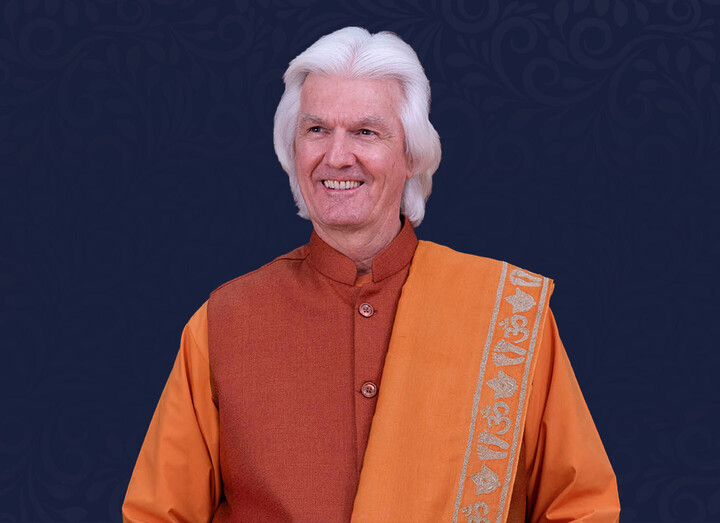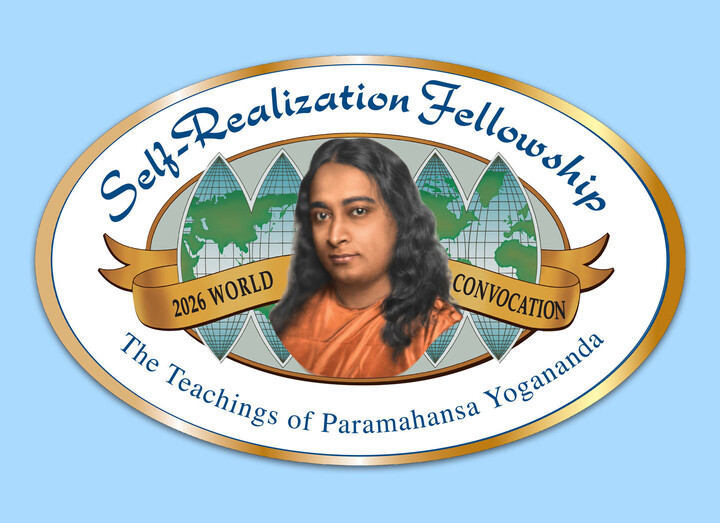The enduring popularity and influence of Autobiography of a Yogi was the focus of a recent virtual seminar from Princeton University’s Hindu Life Program entitled “Autobiography of a Yogi: Its Light and Legacy, 75 Years Later.” Streamed this past December in honor of the 75th anniversary of Paramahansa Yogananda’s world-renowned spiritual classic, the event was hosted by Vineet Chander, assistant dean of Princeton University’s Office of Religious Life, who interviewed Self-Realization Fellowship monk Brother Kamalananda and author Philip Goldberg (The Life of Yogananda: The Story of the Yogi Who Became the First Modern Guru).
Among the themes discussed in the interview are the relevance of Autobiography of a Yogi today amid a global pandemic and numerous types of divisiveness; the role that Paramahansaji foresaw this book would play in his mission; what continues to make this book so endearing to each new generation of readers; and in what ways this unique work is like a scripture, to which one can return again and again for lessons on how to live the spiritual life.
Reflecting on the time when he first read the book and comparing its relevance then to now, Goldberg recalls at one point in the interview: “When I first read Autobiography of a Yogi…it was at a time of great tension and turmoil. I felt at that time that these universal teachings of what is possible for human beings, what we’re truly capable of, were an important antidote. And here it is — some 50 odd years later — and I still feel this way. These teachings bring us to higher states of being, to the identity of love and compassion and bliss within us, and therefore it’s truly important to bring them out as an antidote to the madness out there.”
Brother Kamalananda follows up with the assertion that the message of Autobiography of a Yogi can be summarized in one sentiment from Paramahansaji: “Reform yourself and you will reform thousands.” Expanding on this he explained, “If you want to see world peace — if you want to see a utopia in the world — it has to begin in each individual heart. We cannot achieve world peace and harmony by having peace conferences, and the political and social leaders coming together and discussing how to make that happen.” Citing Paramahansaji’s words from his Autobiography he continued: “‘Utopia must spring in the private bosom before it can flower in civic virtue, inner reforms leading naturally to outer ones. A man who has reformed himself will reform thousands.’”
More from the SRF blog

March 02, 2026




Leave a comment
Beautifully expressed and explained ... Reforming your own self first..
Swami Kamalananda
Om Shanti
Popy